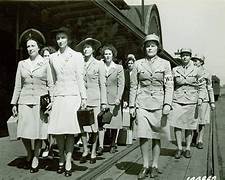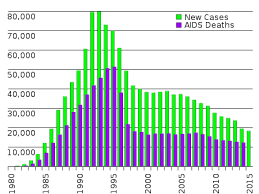On November 23, 1942, a significant milestone was reached in the history of women's contributions to the United States Armed Forces. It was on this day that the Women's Coast Guard Auxiliary was established, marking a turning point in gender equality within the military and opening up new opportunities for women to serve their country.
During World War II, women played an integral role in supporting the war effort on the home front. They took on various roles in factories, offices, and other sectors traditionally dominated by men, as the demand for manpower in the military was high. However, their contributions were not limited to civilian roles, as women also sought ways to actively participate in the military.
The establishment of the Women's Coast Guard Auxiliary was a significant step towards gender inclusivity in the armed forces. The Auxiliary was created to supplement the efforts of the United States Coast Guard during wartime, providing support and assistance in various capacities. Women who joined the Auxiliary were given the opportunity to serve their country in a military capacity and contribute directly to the war effort.
The Women's Coast Guard Auxiliary allowed women to take on a variety of roles that were previously reserved for men. These roles included patrolling the coastlines, operating communication systems, and even piloting boats. Women also played a crucial role in providing administrative support, logistics, and medical assistance, effectively freeing up male personnel for combat duties.
The establishment of the Auxiliary not only expanded the pool of available personnel for the Coast Guard but also allowed women to prove their capabilities and dedication to serving their country. It shattered traditional gender norms and paved the way for future progress in gender equality within the military.
The Women's Coast Guard Auxiliary had a significant impact on the women who served in its ranks. It provided them with a sense of purpose and fulfillment, allowing them to contribute directly to the war effort and make a difference. It also offered them opportunities for personal growth, skill development, and leadership roles that were previously inaccessible.
Moreover, the establishment of the Women's Coast Guard Auxiliary had broader implications for society as a whole. It challenged prevailing gender stereotypes and demonstrated that women were capable of fulfilling critical roles in traditionally male-dominated fields. The Auxiliary served as a catalyst for change, encouraging further progress towards gender equality in the military and other sectors.






